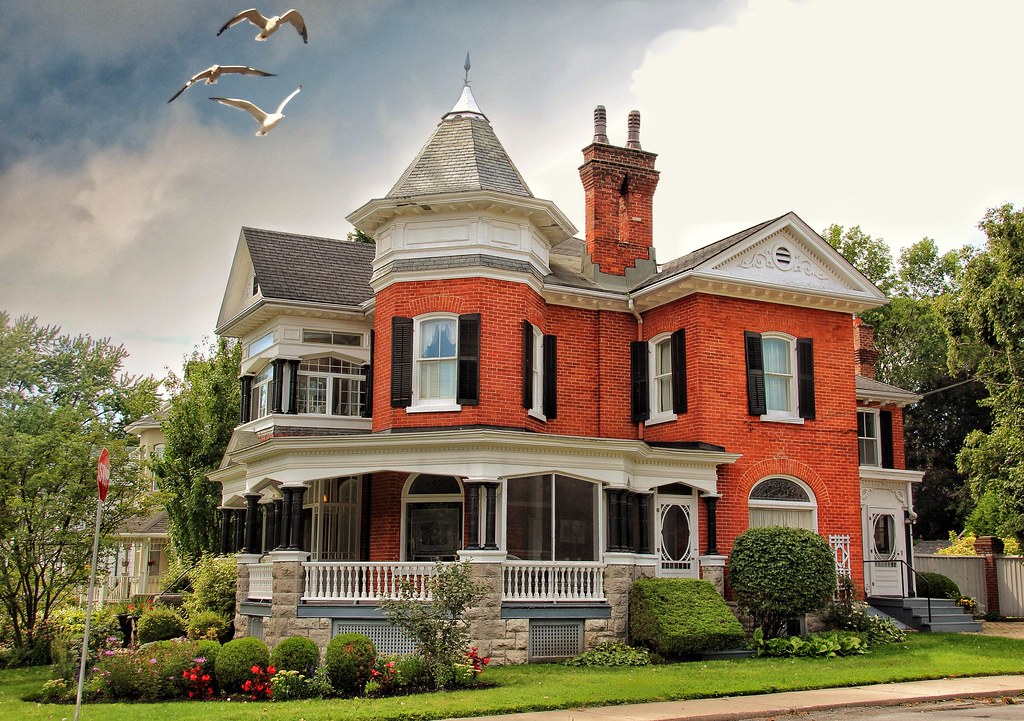
When to Refinance your home? | Complete Guide
Refinancing is the process of obtaining a new mortgage in an effort to reduce monthly payments, lower your interest rates. It takes cash out of your home for large purchases or changes mortgage companies. Most people refinance when they have equity in their homes or when interest rates drop below a certain point. This is the difference between the amount owed to the mortgage company and the value of the home.
At the point when you purchase a home, you get a mortgage to pay for it. The cash goes to the lender. At the point when you refinance, you get another mortgage. Rather than paying the current lender directly, the new mortgage takes care of paying off the old home loan. Mortgage refinancing expects you to pay the refinancing fees.
Reasons for Refinance:
This is the most evident reason to refinance. At the point when financing costs fall, another loan implies lower financing costs. Maybe you took out a 30-year fixed mortgage when rates were at 6%, and now they’re down to 4.5%. On a $300,000 loan, that rate drop alone would prompt a $279 decrease in your regularly scheduled installment.
For a situation like that, doing a refinance may seem like a no-brainer. In any case, remember that taking out another loan implies paying new closing costs. Also, there could be opportunity to pay down the costs to get a lower rate, depending upon how long you hope to live in your home.
One valid justification to refinance is on the off chance that you have a flexible rate mortgage or ARM and you’d prefer to change over into a fixed-rate loan. An ARM is a loan that offers a low early rate on financing cost that “resets” after a predetermined time frame. If interest rates have gone up when the loan resets, borrowers can be in for a shock when they see their new regularly scheduled installment.
When to Refinance Your Home:
Before you begin, consider why you want to refinance your home loan. Your goal will guide the mortgage refinance process from the beginning. Choosing when to refinance your home loan relies upon a few factors other than whether you can get a lower mortgage rate than you have as of now have. Also, however, there are numerous reasons individuals refinance their home, some are more smart budgetary moves than others.
Lower Interest Rate:
One of the most well-known reasons to refinance a house is to bring down the loan fee. In the event that you can discover rates that are 1.5%-2% lower than you are paying now, it might merit consideration. Remember in any case, that when you refinance you should pay closing costs and conceivably expand your loan terms. Refinancing could really prompt higher regularly scheduled installments than you have under your present terms, so crunch the numbers in advance.
Check Also: Home Decor Tips and Ideas For You
Time of stay at home:
Much of the time, it possibly bodes well to refinance in the event that you plan on remaining in your home for a few additional years. In the event that you may sell the property soon, don’t refinance. Most refinances take time to equal the initial investment, so start setting aside your cash. Your loan officer or mortgage agent can enable you to decide when you’ll equal the initial investment.
Pay off the loan faster:
At the point when you refinance from a 30-year mortgage into a 15-year loan, you take care of the loan in a fraction of the time. Therefore, you pay less interest over the life of the loan. There are advantages and disadvantages to a 15-year mortgage. One drawback is that the regularly scheduled installments ordinarily go up.
Consolidate Your Debt:
Have you taken out a home equity line of credit (HELOC) on your home? If so, refinancing is a great way to consolidate your debt. Combining your HELOC with your mortgage will make things simpler by giving you only one payment and one interest rate. If you find yourself in any of these situations, refinancing may be the way to go.
Monthly Payment More Affordable:
On the off chance that you are experiencing difficulty making your regularly scheduled installment and aren’t as worried about paying more over the life of the loan, refinancing might be a decent alternative. You can bring down your month to month mortgage installment by expanding the loan terms. While it’s not prudent from a venture point of view, in some cases reasonableness is the most significant factor.
Remember that when you refinance, you have to pay closing costs all over again. Closing costs will vary depending on your home and where you live.
Risks of refinancing:
One of the significant dangers of refinancing your home originates from potential penalties you may acquire because of paying off your current mortgage. In most mortgage arrangements there is an arrangement that permits the mortgage organization to charge you an expense for paying your loan off early, and these charges can add up to a large number of dollars. Before settling the arrangement for refinancing, ensure it covers the penalty.











